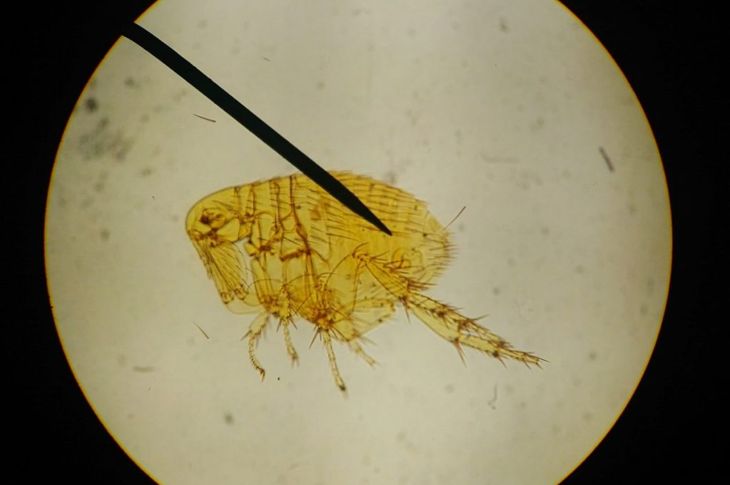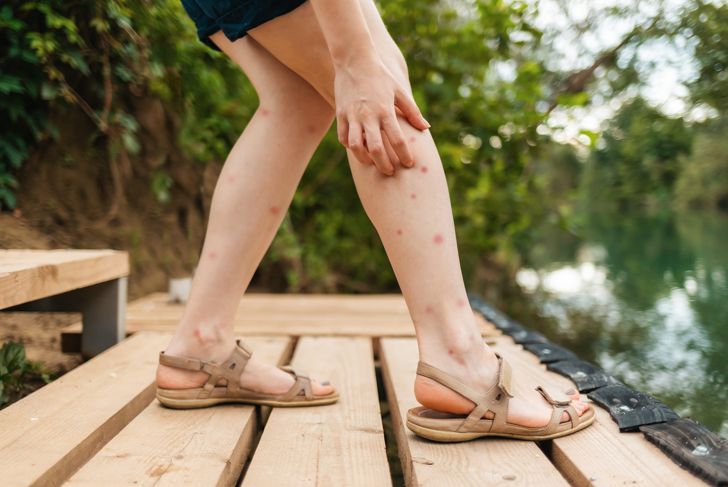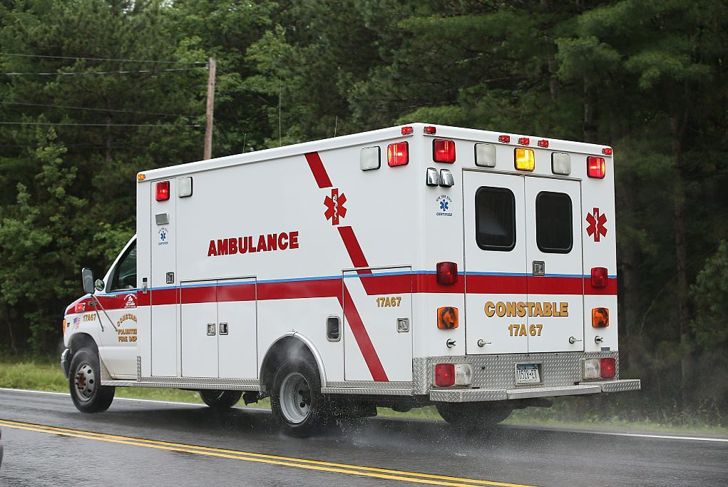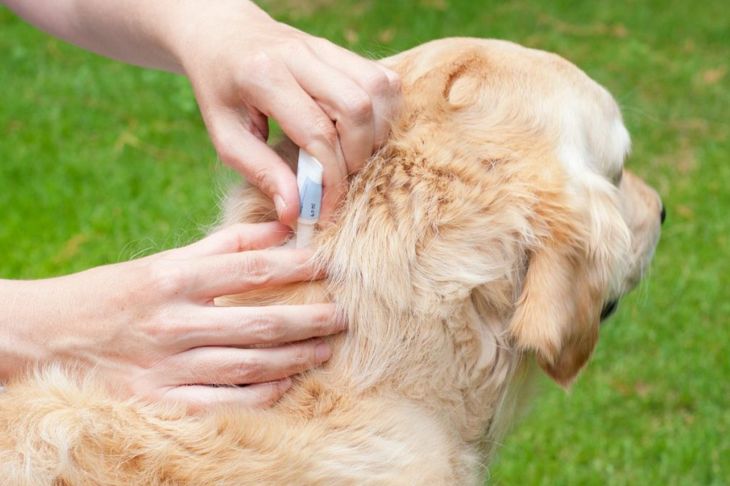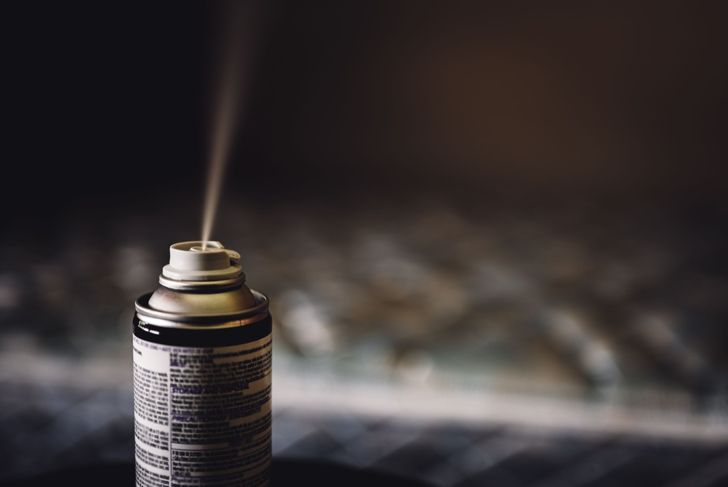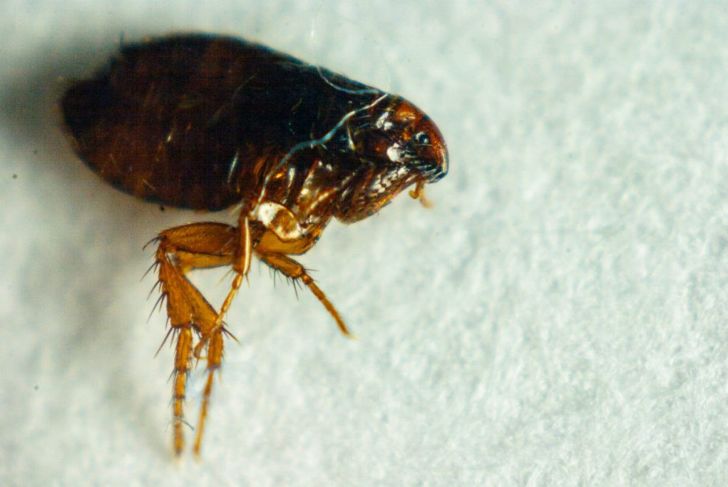Fleas are a nuisance to pets. They are small insect parasites that feed off the blood of animals, but they can also bite humans. Fleas can become a significant problem if pets get infested with them. Infestations can stem from a variety of sources, such as after a pet has spent a lot of time outdoors. In some cases, these parasites can be extremely difficult to eradicate. If the infestation is severe enough, you need to treat your pet and your home. Keep reading to learn more about flea bites and how to handle them.
Can fleas live on humans?
No, fleas cannot survive on humans. Fleas do often bite humans, but they prefer to live in dark, warm, furry places. Humans do not possess enough hair for fleas to live comfortably. If your pet or home does have a severe infestation, you may notice fleas on you, but they won’t stay or live on your body.
Where do fleas come from?
Fleas tend to live in the shaded areas of your yard and will jump onto unsuspecting pets as they lie down in or move past the affected area. Even though they can leap up to 150 times their height, they tend not to travel long distances. So, wild animals such as raccoons or rabbits – or other pets – are usually responsible for bringing fleas into the yard. Wild animals will drop flea eggs in your yard, where they will grow and multiply into an infestation.
What do flea bites look like?
On the human body, a flea bite looks like a small, red dot with a circle around it. These bites can be painful and itchy. On a pet, a flea bite will look like a raised spot, often followed by an area of redness from the pet scratching at the area affected.
Can flea bites cause diseases?
If a flea infestation is severe enough, it can be dangerous for you and your pets. In humans, fleas can cause diseases like the plague and murine typhus. Both of these bacterial infections can be extremely dangerous if not treated. Plague comes from flea bits, while Murine Typhus is caused by flea feces getting into cuts and scrapes on your body. Symptoms of these serious infections include fever, chills, rash, body aches, vomiting, and coughing. In pets, flea bites can cause nervous conditions and flea dermatitis. The latter condition will make your pet’s hair rough; it might also fall out. It is important to treat pets regularly with flea medications to avoid these conditions.
Why do flea bites itch?
When a flea bites you, it secretes saliva into the bite to prevent coagulation of the blood. This action helps the insect to get the most blood possible out of each bite. The secretions from the flea cause the itchiness associated with flea bites. The saliva can also create an allergy to flea bites if the parasite bites you often.
What kind of symptoms are associated with a flea bite allergy?
If you develop an allergy to flea bites, it can cause serious problems such as anaphylactic shock. In such individuals, symptoms following a flea bite include difficulty breathing, dizziness, nausea, chest pain, or swelling of the lips or tongue. These are all symptoms of going into shock. A flea bite infection can cause swollen glands and pain or redness in the area of the bite. These symptoms aren’t as severe as a shock, but a doctor should be contacted as soon as possible to prevent the spread of infection.
How do I treat flea bites on humans?
No matter how bad the itch of the bites, it is important not to scratch them. Scratching makes the infection spread. Clean the affected area with antibacterial soap as soon as you notice the bites. Home remedies include witch hazel, ice packs, aloe, and rubbing alcohol to ease the itching.
How do I treat flea bites on pets?
You can treat flea bites on pets by using a topical prescription medication from your veterinarian. Do not give your pet any drugs until you call a veterinarian. It is dangerous to provide pet medications without knowing the correct dosage, though over-the-counter treatments can help in most cases.
How do I treat a flea infestation in my home?
Treating your pet sometimes isn’t enough, especially if you are noticing fleas on your body or getting bitten yourself. To address a flea infestation in your home, you can go to a local store to look for flea foggers. These require you and your pets to be out of your home during the fogging process. The foggers will kill any fleas in your home. If the infestation is extreme, it may be necessary to contact a pest specialist to rid your home of insects.
After treating my pets and my house, how long does it take for fleas to die?
Even with treating your pets and your home, it may take up to eight weeks for the fleas to ultimately die. When you treat your pet, the parasites will not bite them. While the foggers do the trick of killing insects, they may not always catch every egg or larvae. It is essential to keep your home clean and vacuum daily after fogging your home. Also, wash any pet bedding or blankets to kill live eggs or larvae.

 Home
Home Health
Health Diet & Nutrition
Diet & Nutrition Living Well
Living Well More
More